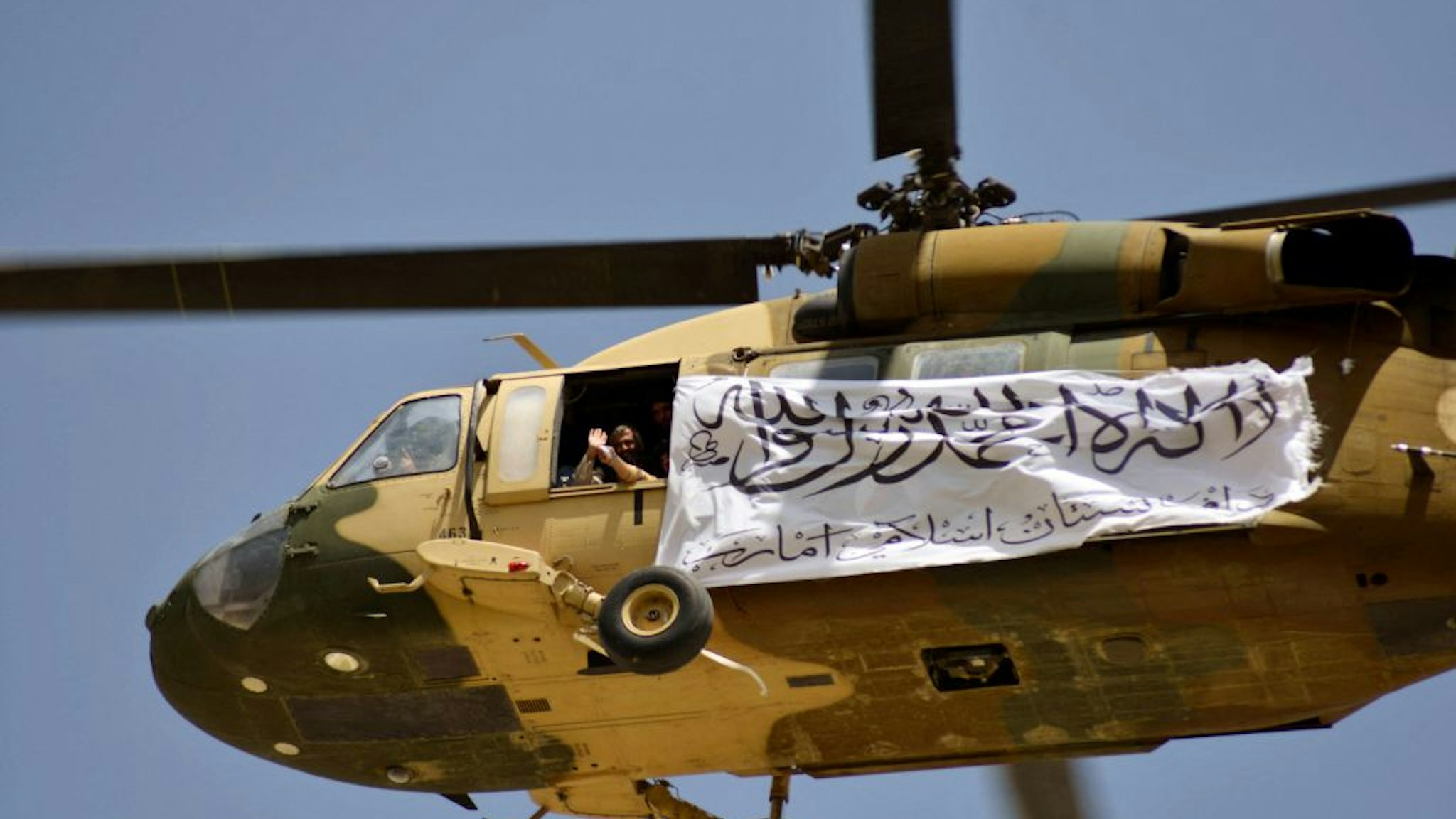State Department officials were reluctant to take the imminent fall of Kabul seriously, according to a U.S. Army report detailing the final days before the Taliban took control of Afghanistan.
The Washington Post published details of the 2,000-page report Tuesday, outlining a series of disagreements between military forces on the ground, diplomats, and the White House — all of which culminated in the chaotic and disastrous withdrawal that left thousands of Americans and Afghan allies at the mercy of the Taliban.
“Beyond the bleak, blunt assessments of top military commanders, the documents contain previously unreported disclosures about the violence American personnel experienced, including one exchange of gunfire that left two Taliban fighters dead after they allegedly menaced a group of U.S. Marines and Afghan civilians. In a separate incident a few days later, U.S. troops killed a member of an elite Afghan strike unit that had joined the operation and wounded six others after they fired on the Americans,” The Washington Post’s article began, and went on to describe in detail some of the key points of contention between the military, diplomats, and the White House.
Navy Rear Admiral Peter Vasely was the top U.S. commander on the ground in Afghanistan during the operation, and he explained the situation to Army investigators saying that the military could have been “much better prepared” to manage the evacuation “if policymakers had paid attention to the indicators of what was happening on the ground.”
Vasely claimed that the Taliban had already shown a determination to wrest control from the Afghan government — and while he did not name specific members of President Joe Biden’s administration, he did suggest that the administration as a whole did not give enough attention to what was clearly unfolding on the ground.
Marine Gen. Kenneth “Frank” McKenzie, chief of U.S. Central Command conceded that military officials had not necessarily been allowed to execute the plan they would have “preferred,” but were constrained to follow orders from the administration. “When the president makes a decision, it’s time for us to execute the president’s decision.”
McKenzie also referenced the decision to abandon Bagram Air Base — a move that a number of military and civilian experts questioned at the time — and made it clear that the decision had been forced by the White House.
“Everyone clearly saw some of the advantage of holding Bagram,” McKenzie said in a Tuesday interview, “but you cannot hold Bagram with the force level that was decided.”
Acting U.S. Ambassador to Afghanistan reportedly pushed back on initial efforts to evacuate, at first trying to maintain a diplomatic presence in country and then asking for two weeks to evacuate.
As The Washington Post reported:
Vasely “was trying to get the Ambassador to see the security threat for what it really was,” said another military official, whose name is redacted from the report. As many as 10 government-controlled districts were falling to the Taliban daily, this official noted, adding, “The embassy needed to position for withdrawal, and the Ambassador didn’t get it.”
As early as mid-July — a month before Kabul fell — Marine Corps Brig. Gen. Farrell J. Sullivan wanted to stage supplies for evacuees at the Kabul airport. But he told Army investigators that his efforts were complicated by the fact that the Biden administration did not want the U.S. military moves to spook other countries into pulling out of Afghanistan faster, thus accelerating the Taliban’s takeover.
During an Aug. 6 meeting, a National Security Council official, who is not identified in the report, appeared to lack a sense of urgency and told others involved that if the United States had to execute an evacuation, it would signal “we have failed,” Sullivan recalled. “In my opinion, the NSC was not seriously planning for an evacuation,” he said.
Things got much worse once Afghan President Ashraf Ghani fled the country, signaling the collapse of the government, and the Taliban took control.
Army Maj. Gen. Christopher Donahue, who arrived after the collapse and oversaw airfield security, recalled that early discussions with the Taliban were tense.
“We told them that we would control the gates and they would push people out,” said Donahue, commanding general of the 82nd Airborne Division. “We expressed that they will comply, because if they fight us on this we would be able to kill more of them than they would ever hope to kill of us. After that their tone changed.”
At the embassy, U.S. troops went room to room on Aug. 15, pressing people to meet deadlines and get ready to go, an Army officer from the 10th Mountain Division told investigators. Some State Department personnel were “intoxicated and cowering in rooms,” and others were “operating like it was day-to-day operations with absolutely no sense of urgency or recognition of the situation,” the officer said.
State Department spokeswoman Jalina Porter responded to the report, saying, “Some of the claims allegedly included in the report regarding State Department personnel and plans are outright false and shamefully so.” She did not specify which claims to which she was referring.

